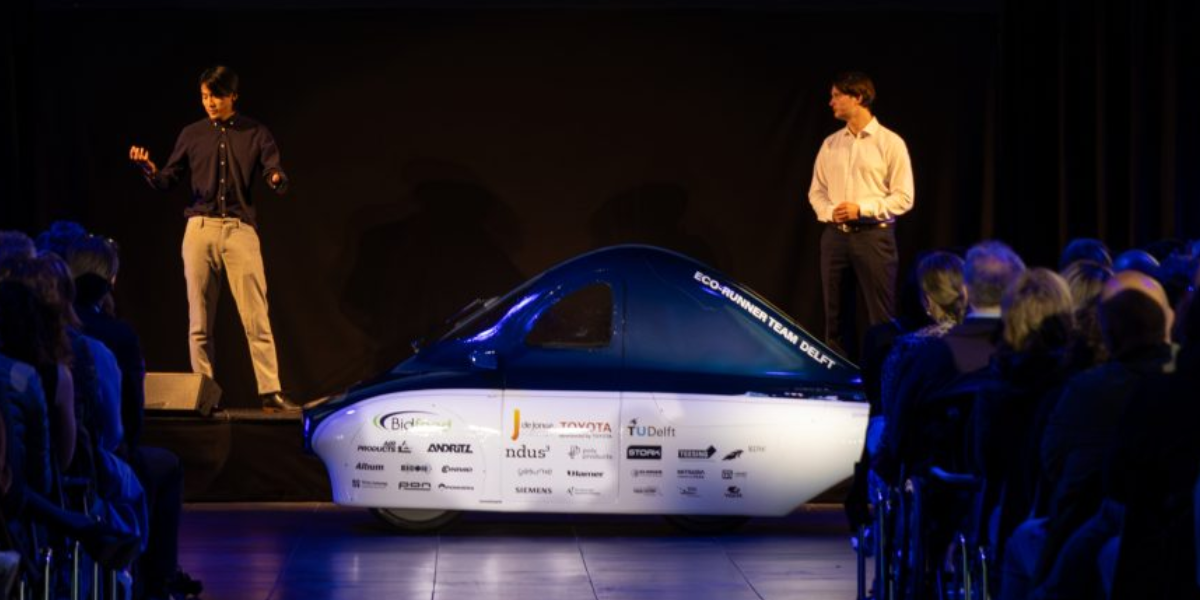
Glider trucks - a new cab-frame combined with a recycled and rebuilt powertrain - have been leading the conservationist movement of the trucking industry for more than a half-century. Glider assemblers serve as the important nexus in connecting new with remanufacturing. In the US, gliders are about 30% less than the cost of a new Class 8 truck-tractor and provide operators with a 1-2 miles per gallon fuel benefit, compared to their new truck counterparts.
This is due, in part, to the light-weighting of certain parts and the engineering benefits of the remanufacturing process. For every heavy-duty worn or wrecked diesel tractor that is upcycled, about 4,000 pounds of cast steel is not sent to landfill. We also account for greater reduction in raw material and energy consumption. For example, the production of a new diesel engine produces 4.84 tonnes of carbon dioxide, while diesel engine remanufacturing produces only 1.25 tonnes of CO2.
Despite this, regulators and some original equipment manufacturers have lobbied to prohibit these vehicles in the US. This is a great example of how those not familiar with remanufacturing can fail to see how this industry is so critical to the circular economy. Not only does life cycle analysis of a remanufactured diesel engine (compared to a new manufactured engine) show a net benefit for the environment - but also the greenhouse gas emissions affiliated with glider trucks are lower due to the rebuild process and fuel savings.
One common misconception is the blanket statement that glider trucks are somehow harmful to the environment. That narrative is false for two reasons: first, it wrongly assumes that a new engine would always be the replacement for a remanufactured engine; and second, it completely ignores the total carbon footprint of the two engines. And in the reman space there is terrific engineering and skilled technicians working to ensure that every remanufactured engine is at a minimum, performing to its model year specifications, if not outperforming. Further, when comparing a remanufactured engine to a new engine, ignoring the total carbon footprint of having to cast an engine anew ignores reality and the economic and environmental benefits of remanufacturing.
In a world with limited resources, the glider kit industry looks to create a more sustainable future and we look forward to being a thought leader in conservation.
Jon Toomey Director of government affairs, Fitzgerald Truck Sales
Share your remanufacturing stories with us
Do you have an innovation, research results or an other interesting topic you would like to share with the remanufacturing industry? The Rematec website and social media channels are a great platform to showcase your stories!
Please contact our Brand Marketing Manager.
Are you an Rematec exhibitor?
Make sure you add your latest press releases to your Company Profile in the Exhibitor Portal for free exposure.


